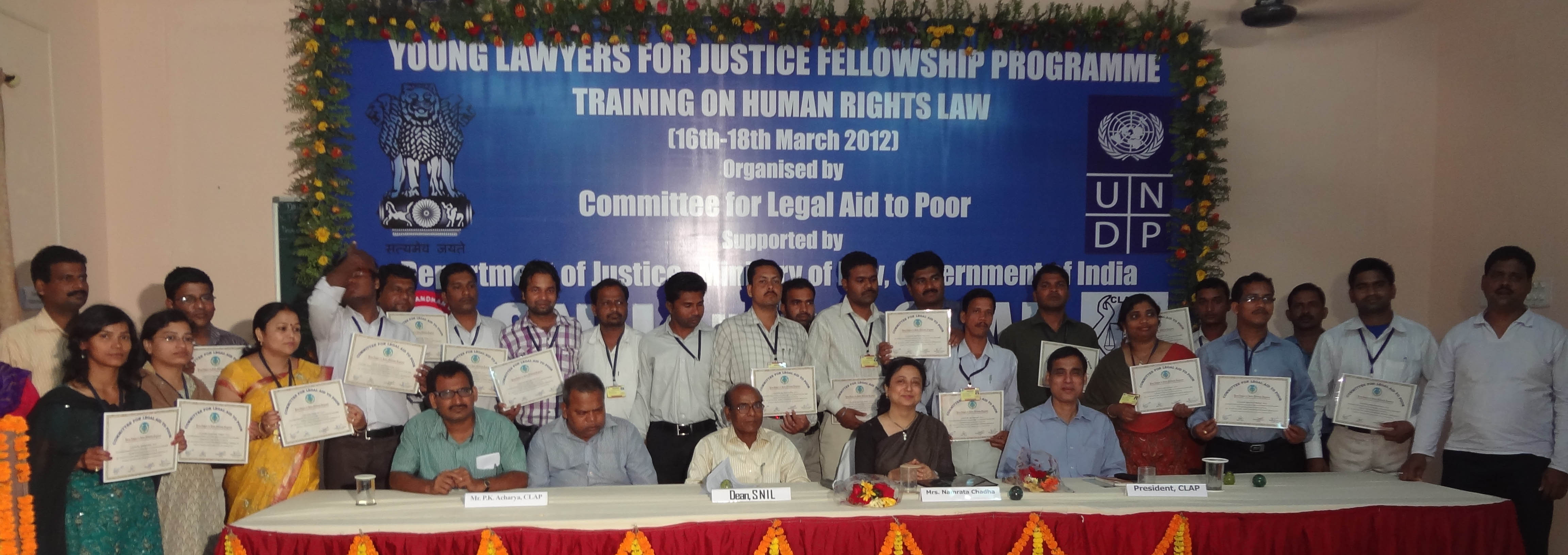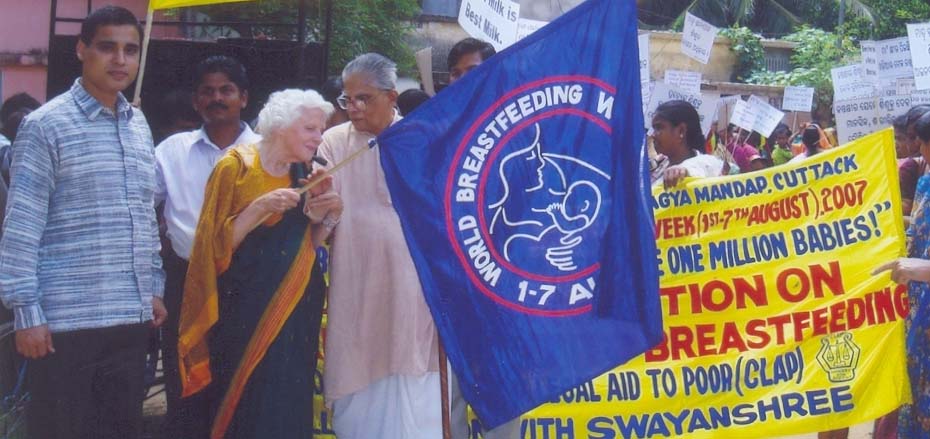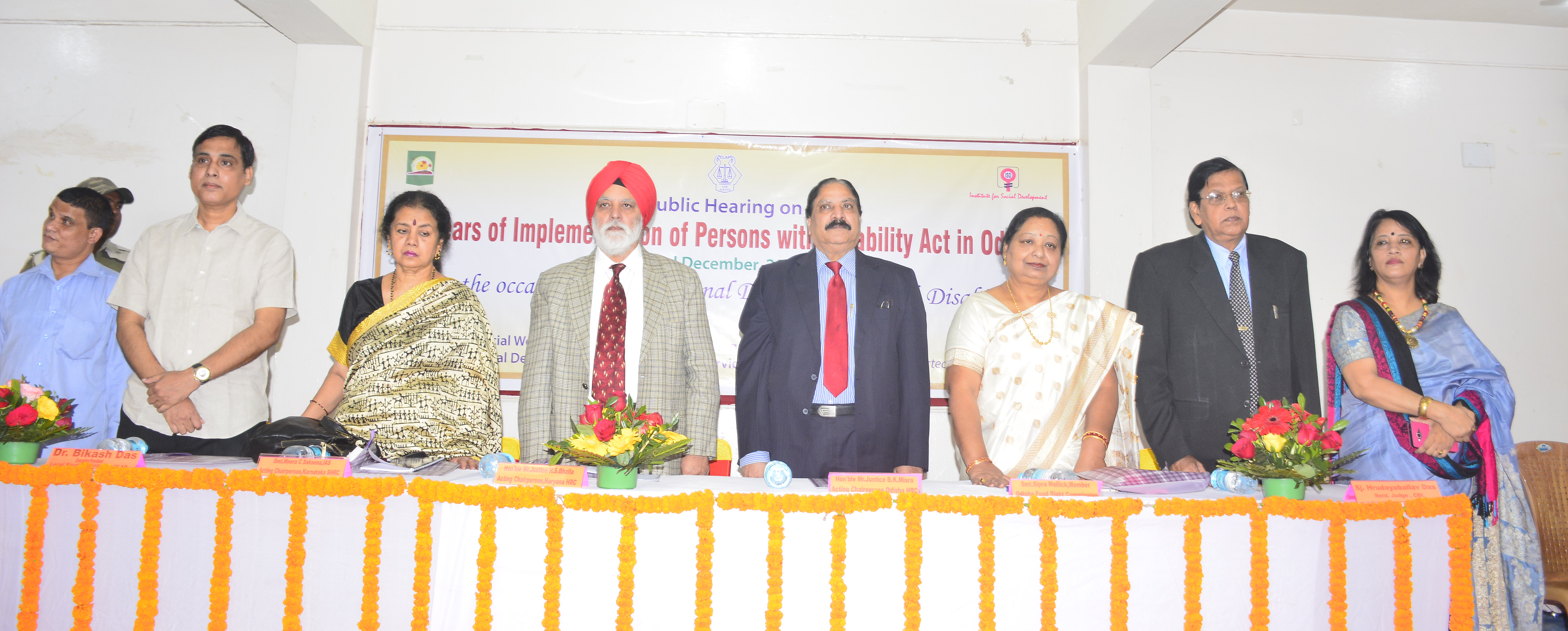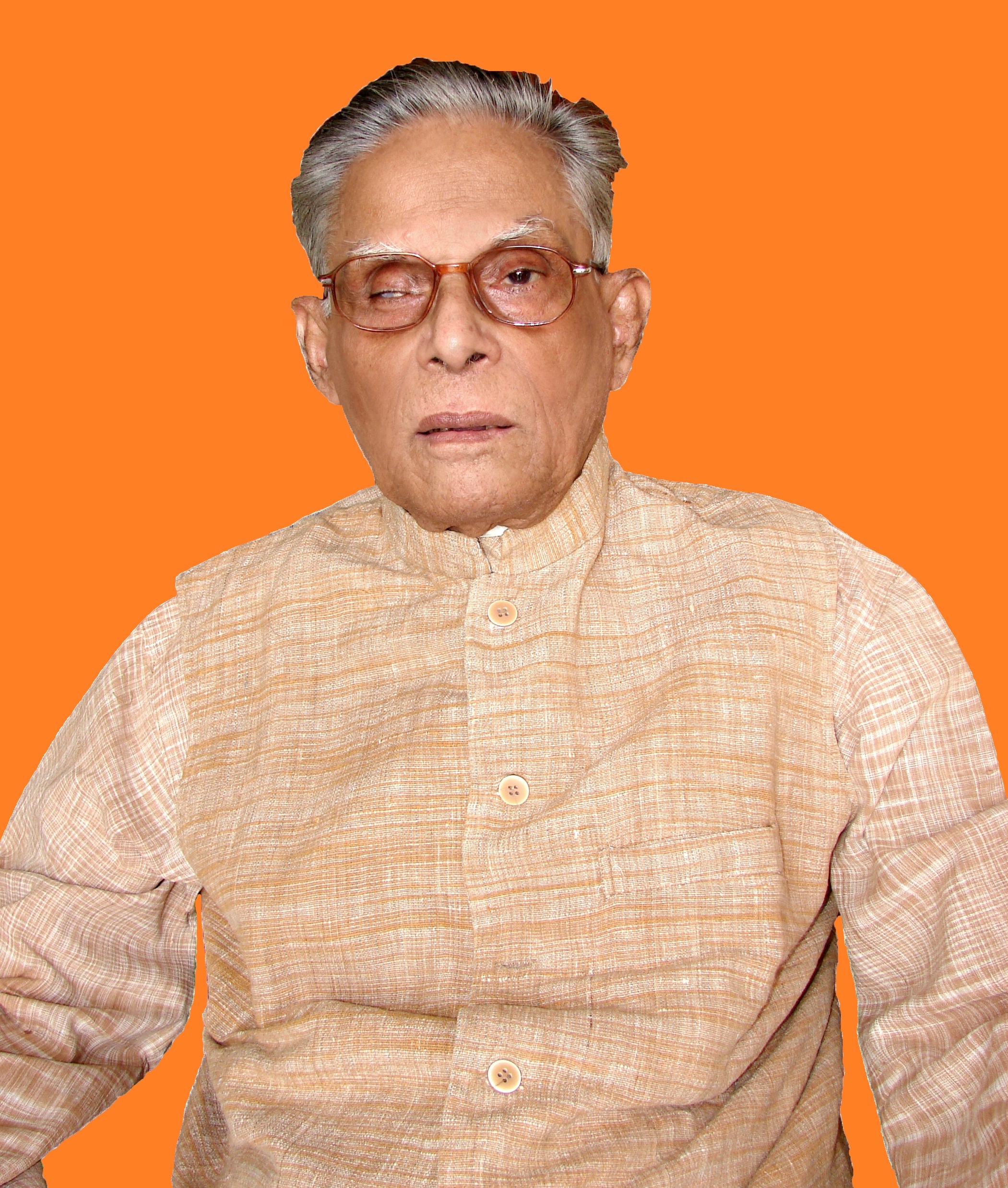EVOLUTION
CLAP owes its origin from the initiative of a group of Freedom Fighters of Indian independence movement who worked as Sarvodaya Constructive Workers pursuing Gandhian Principles in the post independence era. In the beginning of the Indian Republic, they endeavoured for promotion of constitutional governance of the country and focused on prevention of untouchability and liberation of people from the Bondage from moneylender (Bonded Labour System as prevailed in India) in the post independent India. The experience of this group over 25 years, concerning the state of freedom of individual while working with caste groups and bonded labour raised genuine concern over constitutional governance. It persuaded them to expand the horizon of their effort beyond bonded labour system and untouchability as they realized such practices was the result of injustice deep rooted in Indian social fabric, which is difficult to change in an adversarial justice system. They were convinced that the poor and marginalized in India essentially require improved legal status to change their situation and bringing about equality in the society. For this purpose legal empowerment and legal activism appeared imperative. At this stage, being inspired by Universal Declaration of Human Right (UDHR), 1948 especially Article 10 of it which recognized free and fair public hearing as a Human Rights and also the subsequent International Bill of Rights this group of social activists and lawyers under the leadership of Shyam Sundar Das initiated a Movement for Legal Aid.
Initially the group constituted Ad-Hoc Committee on Legal Aid to undertake sustained debate and demand for incorporation of provision of legal aid in the Indian Constitution during 1975. In the meanwhile the Govt. of Orissa introduced Legal Aid Scheme in the state in 1975. In 1976 the Indian Constitution was amended (42nd Amendment) which incorporated Article 39-A which says “The State shall secure that the operation of the legal system promotes justice, on the basis of equal opportunity, and shall, in particular, provide free legal aid, by suitable legislation or schemes or in any other way, to ensure that opportunities for securing justice are not denied to any citizen by reason of economic or other disabilities”. Overwhelmed with the constitutional mandate the Ad-hoc Committee on Legal Aid made an extensive effort between 1976-80 to accomplish the constitutional mandate for Free Legal Aid and Social Justice.
During such process the Founders felt the need for an institutional set up to function in a more formal, professional and organized manner. Thus during 1980 the process began to give the Ad-hoc Committee a status of legal entity which finally culminated with Registration of Committee for Legal Aid to Poor (CLAP) on 18th November 1982 under Societies Registration Act, 1860. Shyam Sundar Das became the President of CLAP with other 7 persons on the Board.
Till 1987 the effort of CLAP mostly revolved round legal literacy and human right education. For this purpose a series of demystified legal materials were published, seminars were held, Para Legal Workers’ Training Camps were conducted and Community Level Awareness Camps had been organized. A new dimension to the activities had been added when Legal Services Authorities Act came into force in 1987. Apart from promoting legal literacy and education among general masses, CLAP accepted Legal Aid Eligible as a community of persons. This community of legal aid eligible become its target groups with whom CLAP started working by enabling them to assert facilities and opportunities created by the State for underprivileged.
Towards 1994 CLAP realized that while the provision of Legal Aid is a Human Right of every individual it is not an end in itself rather it is a means to secure all other rights recognized by the Constitution, Laws of the State, and the International instruments.
In the post Liberalization, Privatization and Globalization era in the 90”s and its consequential effect on nation states particularly on developing countries, India witnessed radical changes at all levels affecting the socio-economic and political life of people. It resulted in introduction of new structural adjustment and new public management system. It redefined the notion of Welfare State and its relationship with the citizens. The social fabric of India was greatly disturbed by these changes and the state of Human Right more particularly of Legal Aid Eligible who constitute approximately 90% of total population, entangled with new problems and issues.
These aspects of structural change poise a great challenge to CLAP and its vision. Accordingly CLAP, through a continuous organizational renewal process, expanded its outreach and adopted new techniques of social change, which stretched from direct legal aid to advocacy at different level, legal empowerment of communities and capacity building through legal support.
The evolutionary growth of CLAP marked several changes in its mandate over the years, however, the fundamental approach of using law, legal system and legal processes as the instruments of social change as well as advancement of human rights with dignity remains unchanged; a legacy to be cherished ever for promotion of democratic development and strengthening governance.









